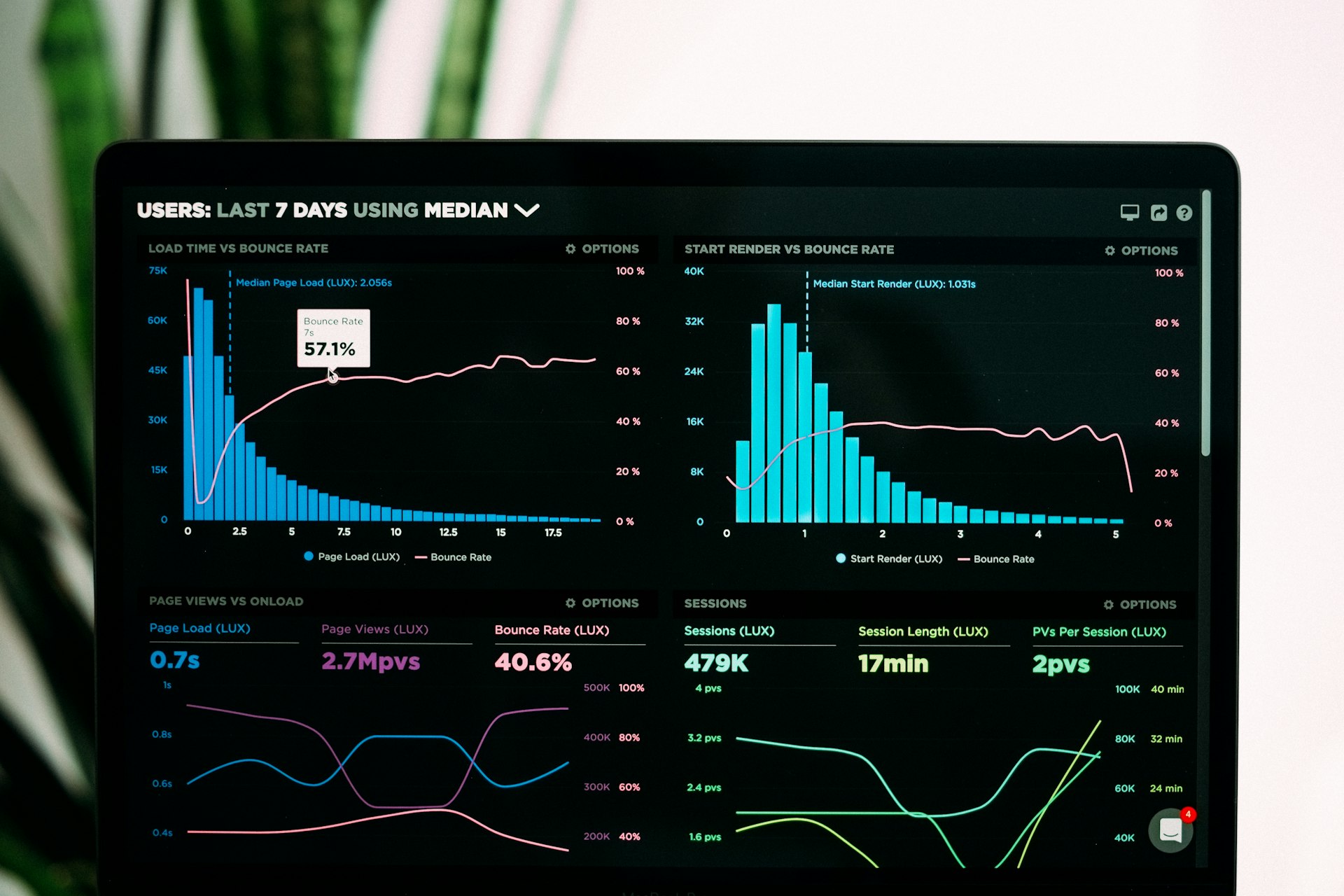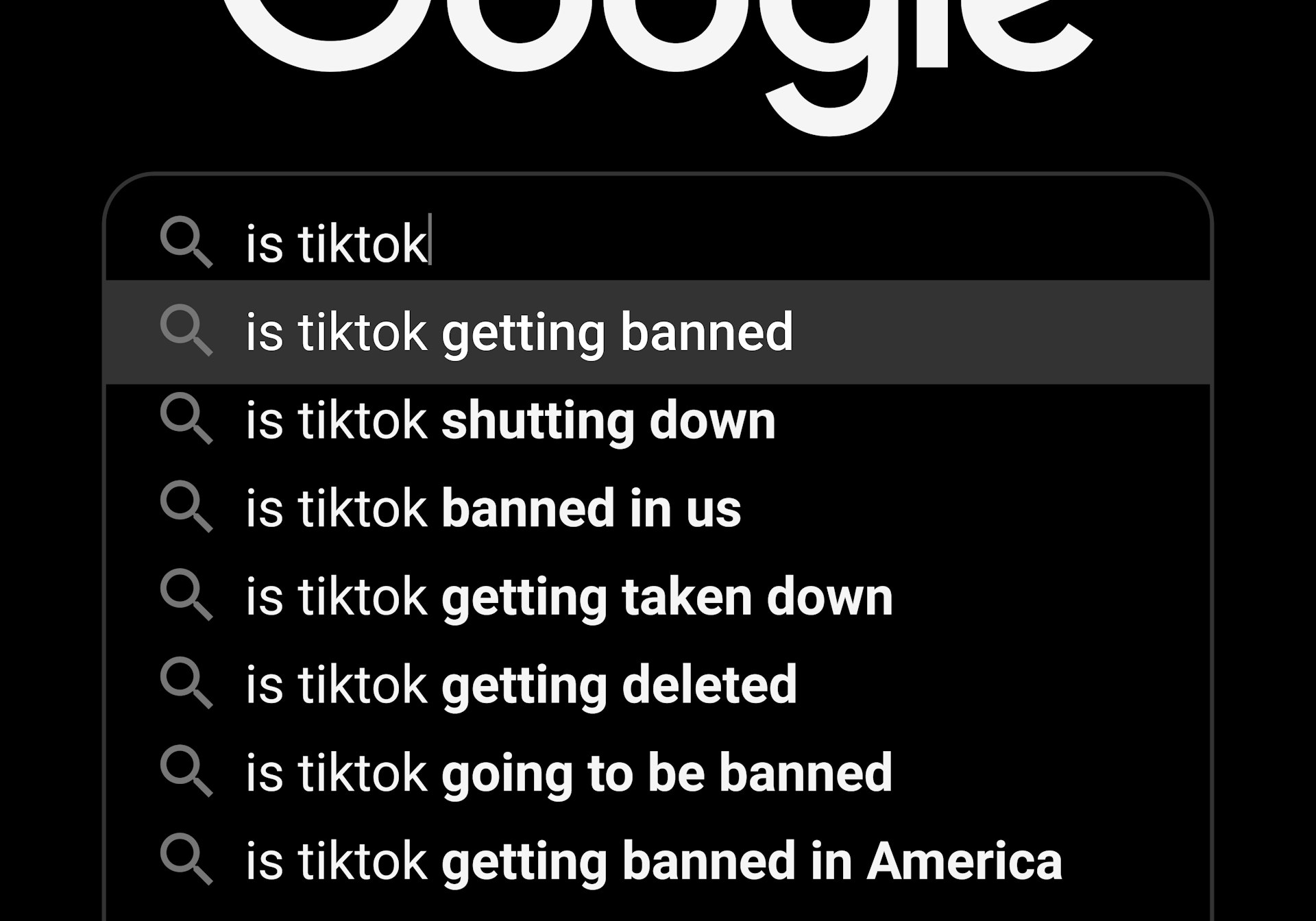Ranking in Google's first page is a desired aim by any website. It is achieved with a well-thought SEO strategy, with technical optimization and quality content at its core. Through this blog, I will demonstrate the exact process of ranking a website in Google's first page.
Google's ranking algorithms are developed to filter through billions of web pages to fulfil search intent, providing the most relevant and helpful results within the shortest possible time. Google's algorithmic processes take into account numerous varying factors to determine the quality, relevancy, and usefulness of an answer to a search question.
These algorithms are very sophisticated. However, creating a solid SEO plan—and executing the steps in this guide—can help you rank higher on Google.
Here's a step-by-step guide on how to rank your site utlizing the latest SEO best practices and relevant keywords.
How to Rank Your Website on Google First Page: (Best Practices)

1. Do Proper Keyword Research
Keyword research is the building block of SEO. Find target keywords and long-tail keywords that your customers type in as they look for products or services like yours. Applications such as Keyword Surfer, SEMrush, and Ubersuggest can generate keyword suggestions and determine their competitiveness.
Example Keywords: For an automobile-sharing app, target keywords could be "car sharing," "best car-sharing app for long roadtrips," or "cheapest car-sharing app.".
Semantic Variations: Employ semantic keyword variations to record various shades of user intent, e.g., "salon near me" or "family lawyers Adelaide."
2. On-Page Elements Optimization
Optimizing on-page elements helps Google comprehend your content more effectively and enhances search results visibility.
Meta Title: Mention your main keyword in the meta title to make it more visible.
Meta Description: Write a good meta description with keywords related to your content to attract clicks.
URL: Use a neat and keyword-enriched URL to help Google recognise your page's topic.
Alt Tags: Add keywords in alt tags to indicate content relevance.
3. Create Quality, Relevant Content
Content quality is key to ranking. Make sure your content is informative, engaging, and responds to user intent.
Content Strategy: Make a content strategy that addresses various user intents (informational, navigational, transactional).
Featured Snippets: Target question-based keywords to improve the likelihood of getting a featured snippet.
4. Comply with SEO Best Practices
Following SEO guidelines guarantees your website is both crawlable and usable.
SEO Audits: Conduct SEO audits regularly to solve problems such as 404 errors.
Schema Markup: Add schema markup to add more information to the content for search engines.
User Experience (UX): Enhance UX by compressing images and making pages load quickly.
5. Create High-Quality Backlinks
Backlinks from high-profile websites can greatly increase your site's credibility and ranking.
Guest Blogging: The guest blog is used to develop relationships and earn backlinks.
Content Promotion: Push your content socially and to proper forums in order to gain links naturally.
6. Use Semantic SEO
Semantic SEO is concerned with the meaning and context of content, allowing search engines to return more precise results.
Topic Clustering: Structure content around dominant topics to exhibit authority.
Entity-Based Optimization: Target entities pertaining to your subject matter to increase relevance.
How to get on Google's first page for free

Reaching the top of Google, or at least bettering your position, is quite achievable, even for small businesses. It requires effort and patience, and it's one of the best things you can do for your company. With a little knowledge of where and how to make some tweaks, you can put your business where it should be.
Experiment with these 10 tips to reach the first page of Google:
- Develop a keyword plan to reach the terms your target customers are looking for.
- Use the keywords in your website copy as well as HTML tags.
- Write for people (not search engines).
- Optimize for location-based searches.
- Optimize for mobile.
- Prioritise user experience.
- Develop a Google My Business listing.
- Optimize your Google Business Listing.
- Get more customer reviews.
- List your business in directories.
Ending Words
Ranking on Google's first page involves a blend of strategic keyword research, on-page optimization, high-quality content creation, and strict adherence to SEO best practices. By integrating these tactics and keeping abreast of the current SEO trends, you can enhance your website's visibility and generate more organic traffic.
Interested in learning how Optimixia can assist in reaching Google's first page? Explore our digital marketing and SEO solutions and contact us today.